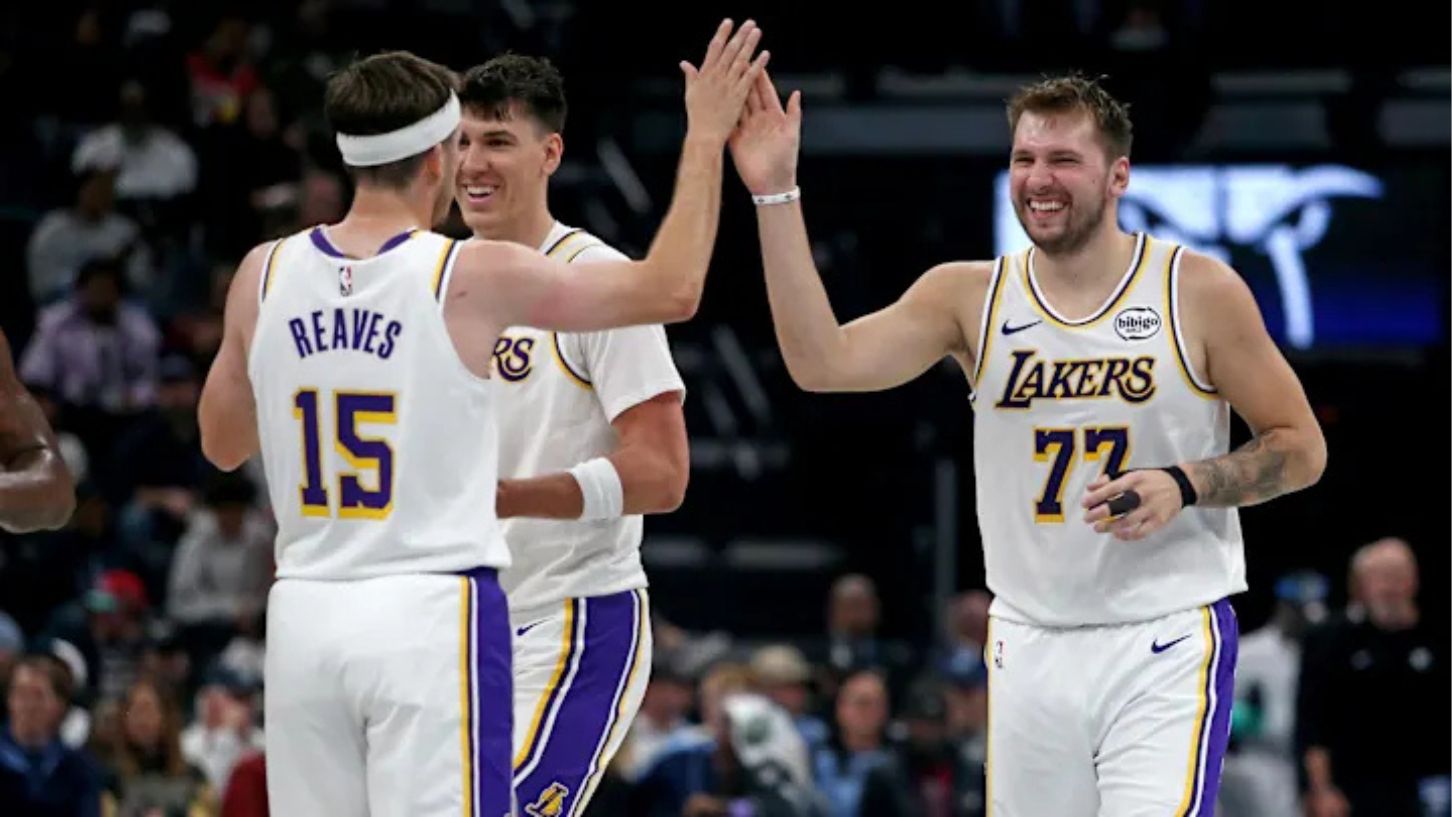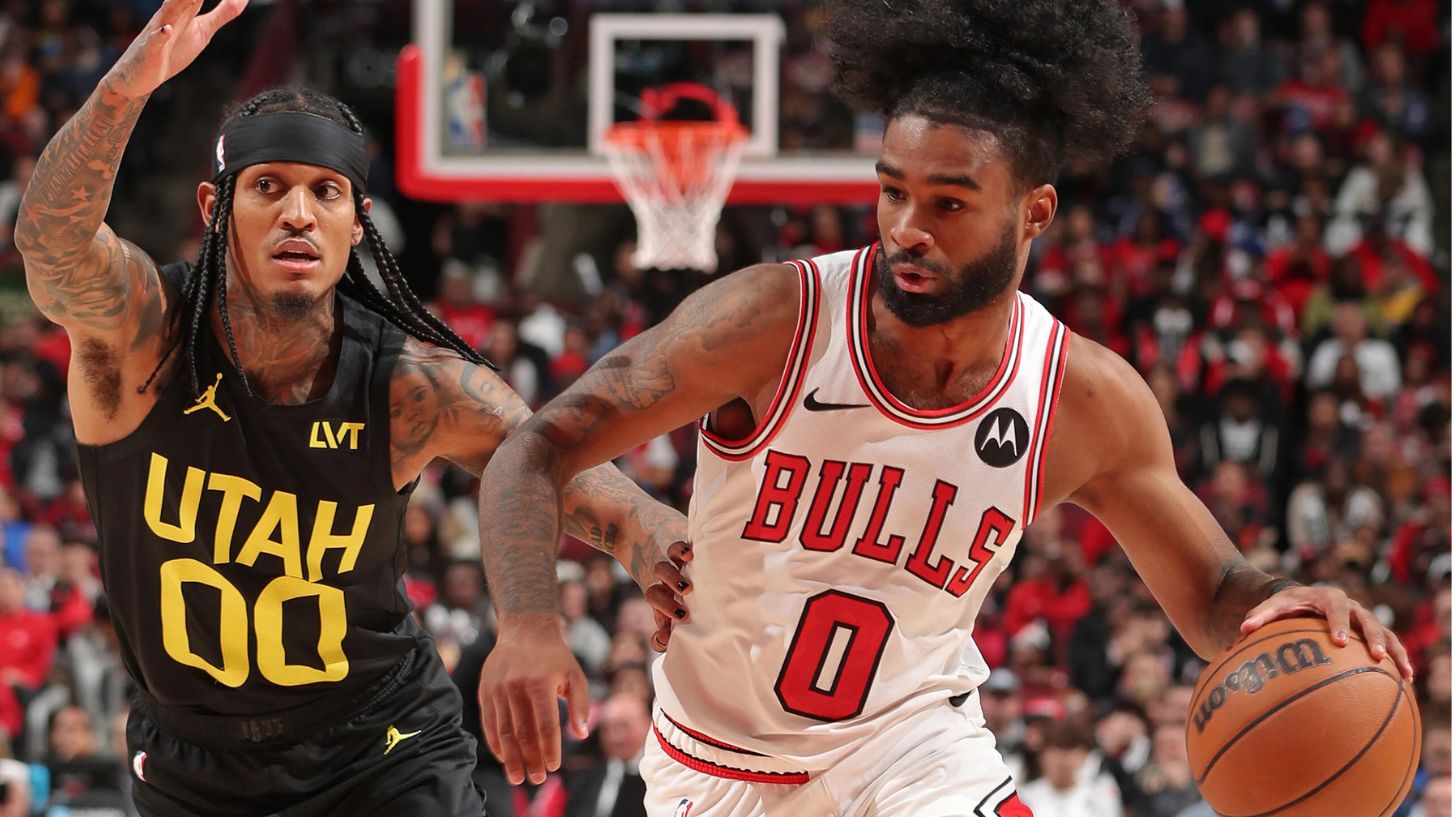Right from tip-off, the Suns looked sharp. The headline says it: the Suns won their fifth straight game by beating the Pacers 133-98. Two of their players in particular stood out: Devin Booker scored 33 points and Dillon Brooks added 32.
By the early third quarter, Phoenix had built a 20-point lead. The Pacers cut into that, momentarily narrowing it to 83-73. Then Phoenix answered with a decisive 16-0 run — highlighted by ten straight points from Booker — to push the lead to 106-84 going into the fourth. Booker shot 12 of 22 from the field and added 7 assists and 5 rebounds. Brooks made 12 of 18 attempts. Meanwhile, the Suns as a team shot well above 60 % deep into the game.
On the flip side, the Pacers — who had been Eastern Conference finalists not too long ago — are now struggling under a wave of injuries and poor form. They’ve lost six in a row and sit at 1-11 for the season so far. Their defence is giving up large point totals: 133 pts this game, 152 two nights earlier.
So when you take all this together: strong offense, efficient shooting, momentum when challenged, and an opponent in trouble, you have the recipe for this dominant win.
What we can learn from the Suns’ streak and this game
This moment is more than just a stat line; there are lessons for teams, fans, and anyone who watches sport and wants to take something away.
- Momentum builds upon itself
When a team wins, it, in a sense, permits itself to believe. The Suns aren’t just winning; they’re doing it in a way that suggests they expect to win. For example, when Indiana cut the lead to 10 (83-73), Phoenix didn’t panic. Instead, they went on a 16-0 surge and put the game away before the fourth quarter. Think of it like: you’re ahead at one point, the other side catches up a little, but then you go on your mini-run and finish strong. That’s what happened here. - Efficiency trumps flashiness
Scoring a lot is good, but scoring a lot efficiently is better. Booker and Brooks didn’t just put up big numbers; they did so with strong percentages. That helps the team as a whole. Imagine you’re on a team project: if two people do excellent work (and hardly make mistakes), that elevates the whole grade of the project. The Suns are operating like that: big contributors, but well-calibrated. - Depth and health matter
The Pacers’ troubles illustrate this. They were good last season, but injuries and inconsistent play have caught up with them. A good team can only be great when it keeps its roster healthy, rotates smartly, and doesn’t rely solely on one or two stars. Phoenix is showing signs of that kind of structure — when stars perform, the rest step up, and bench minutes matter. - Confidence is contagious
Winning five in a row sends a message: to opponents, to fans, and internally. If you win once, that’s nice. Twice, you start to establish a habit. Five straight? That’s a statement. The Suns are sending the signal that they’re not just here to participate — they want to contend. For example, on a personal level, if you win five exams in a row, you walk into the next one saying “I can do this,” rather than “hope I don’t flunk.”
Why this particular win matters in the bigger picture
This win isn’t just another notch on the board. It matters for a few deeper reasons.
Firstly, the nature of the win. A 133-98 result in the NBA is a blowout. It suggests dominance. The Suns didn’t just win — they rolled. That kind of victory builds team morale and can shift how opponents view you. When teams see you blowing guys out, they start to prepare differently, which can give you an edge in future games.
Secondly, the mental edge. As noted, a winning streak means belief. But belief only carries you so far if you don’t back it up. By delivering this kind of dominant win — especially after perhaps a less-than-ideal rest situation (it was a back-to-back night) — Phoenix shows that the belief is backed by performance. That’s a dangerous combination.
Thirdly, a signal to others: to the league, to the media, to the fans. “We’re here. Don’t sleep on us.” It matters for seeding, for public perception, for letting your players feel that when they show up, they can win big. In sport, often the tangible (points, wins) is matched by the intangible (confidence, identity). This game helps shape that identity for the Suns.
Finally, it’s a reminder that even for improving teams, there will still be tests: tough opponents, injuries, fatigue. The fact that they handled this one so well suggests they may have the right foundation to get through those tests. It’s not a guarantee, of course — sport always surprises — but it’s a positive sign.
What comes next for the Suns and for the Pacers
For the Suns
Phoenix now enters a phase where expectations rise. After this win, they’ll look to keep the momentum. The next game (hosting the Atlanta Hawks) is an opportunity. If Booker keeps up his scoring, Brooks continues to stretch defences, and the bench contributes, the Suns could be riding a wave toward serious contention. But they also have to guard against complacency. Dominant wins are satisfying, but sometimes they can lull teams into thinking things are easier than they are.
For example, if the next game they come out slow or let a weaker team hang around early, the momentum could be threatened. So the challenge is: take this win, and treat it like another step — not the destination.
For the Pacers
The wake-up call is loud. The Pacers need to regroup. Injuries are hurting them, yes, but part of this is also mindset, defence, and consistency. Giving up 133 points (and two nights earlier, 152) means something is off. They have talent, but when a team that was competitive last season falls to 1-11, the problem is larger than just one player or one game.
They need to re-establish their identity — defend harder, maintain focus, get healthy—and quickly. If I were talking to a coach, I’d say: treat this not as a long‐term collapse but as a red flag. You’re still early in the season. You have time to fix things. But you must act. Think of a student who starts a semester poorly: they still have time to turn it around, but the sooner they respond, the better. The Pacers’ season could still shift, but it gets harder the longer the slide continues.



